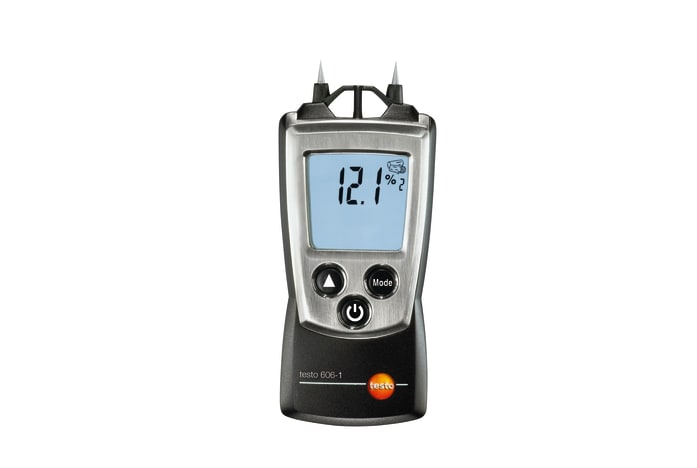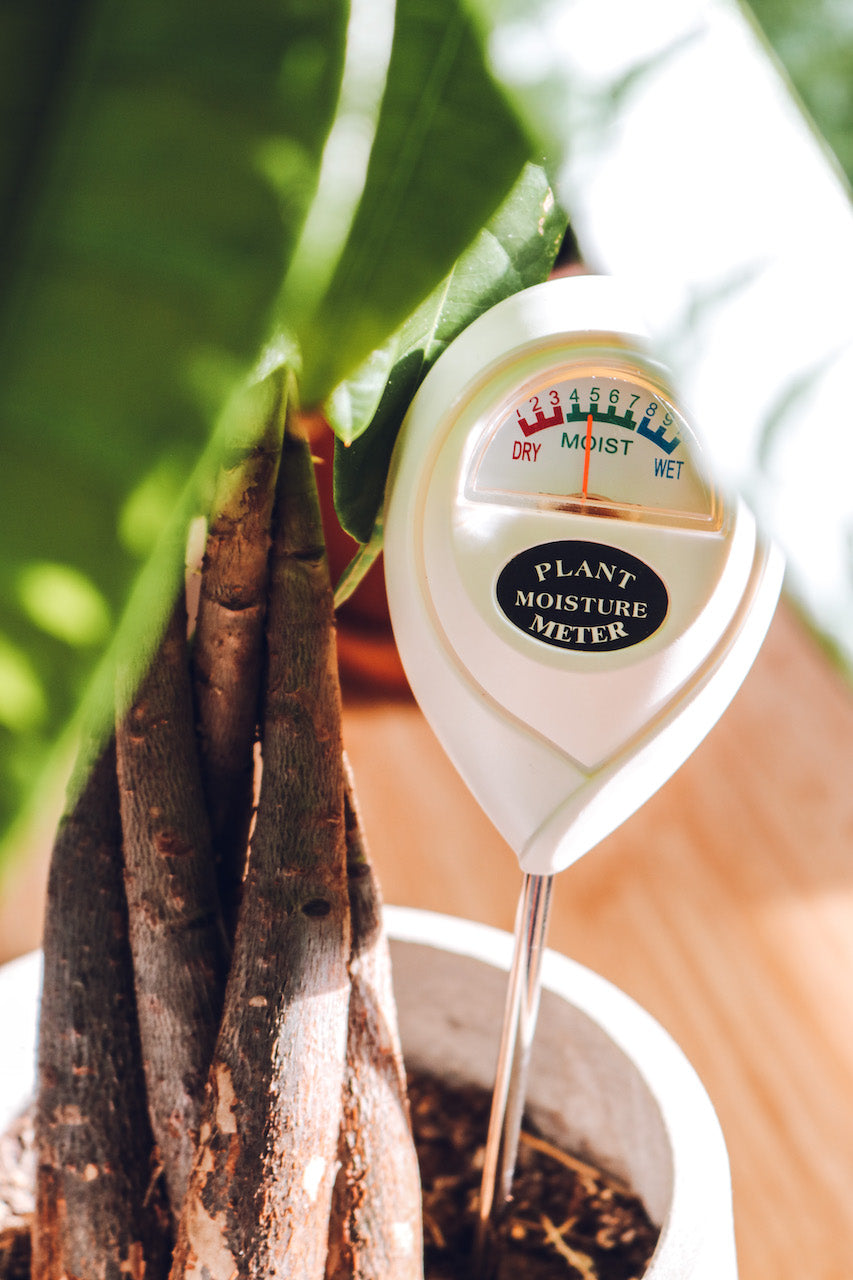Moisture Meter Reviews: Contrasting the most effective Models for Professional and DIY Use
Moisture Meter Reviews: Contrasting the most effective Models for Professional and DIY Use
Blog Article
The Ultimate Guide to Moisture Meters: A Comprehensive Summary and Just How They Can Save You Money
In the realm of structure maintenance, construction, and numerous markets, the value of properly determining moisture degrees can not be overstated. Wetness meters work as vital devices in finding and checking moisture content in products, aiding in protecting against expensive damages and ensuring the high quality of items. Comprehending the nuances of various types of wetness meters, their applications, and the prospective cost-saving benefits they use can be a game-changer for businesses and specialists alike. Discovering how these devices can not just streamline processes yet additionally add to monetary cost savings is a journey worth embarking on.
Types of Moisture Meters
Numerous sorts of wetness meters are readily available for different applications in different industries. One common type is the pin-type wetness meter, which determines the electrical resistance in between 2 pins placed right into a material. This type is suitable for wood, drywall, and various other structure materials. Pinless wetness meters, on the various other hand, use electromagnetic sensor plates to scan a bigger area without causing damages to the material's surface. These meters are perfect for swiftly analyzing moisture degrees in big areas such as floors and walls.
Furthermore, there are also specialty dampness meters developed for certain materials like grain, soil, or hay. These meters supply accurate wetness readings tailored to the one-of-a-kind buildings of the product being checked. Infrared moisture meters measure the thermal residential properties of a product to identify its dampness web content non-invasively, making them useful for applications where pin or pinless meters might not appropriate. Comprehending the different types of dampness meters offered can help industries select one of the most suitable tool for their specific moisture dimension demands.

Benefits of Utilizing Moisture Meters

Moreover, using moisture meters can lead to boosted power efficiency. In agricultural settings, wetness meters play a critical duty in enhancing crop yields by enabling farmers to monitor soil wetness levels and make educated watering choices.
How to Pick the Right Moisture Meter
Selecting the appropriate dampness meter entails considering key aspects such as material compatibility, dimension variety, and calibration accuracy. When picking a dampness meter, it's important to ensure that the meter appropriates for the specific product you will certainly be testing. Different materials have varying electric buildings that can impact moisture readings, so choosing a meter designed for your product is important for exact results. Additionally, consider the dimension range of the wetness meter. Make certain that the meter can spot moisture degrees within the look these up array required for your applications. Calibration accuracy is an additional critical aspect to bear in mind (Moisture Meter). Select a moisture meter with trusted calibration to make certain constant and specific readings. Some meters might need periodic calibration adjustments, so comprehending the calibration process is essential. By carefully evaluating these variables, you can select a moisture meter that fulfills your requirements and supplies precise wetness measurements for your jobs.
Appropriate Strategies for Moisture Meter Use
To make certain exact wetness analyses and take full advantage of the effectiveness of a wetness meter, utilizing proper techniques is necessary. When utilizing a pin-type dampness meter, insert the pins or probes right into the product being evaluated up until they make complete contact. By following these proper techniques, users can rely on their moisture meter to offer trustworthy wetness levels, assisting in stopping costly damage or making certain quality in various applications.

Expense Financial Savings Via Moisture Meter Applications
Exactly how can the tactical use of wetness meters lead to substantial cost financial savings across numerous markets? In the agriculture sector, moisture meters aid in identifying the ideal time for gathering crops, protecting against excess or over-drying moisture that can impact see here the final product's quality.

In addition, in the food processing industry, moisture meters are essential for keeping an eye on product top quality and ensuring compliance with security policies. By precisely determining moisture content in food items, manufacturers can avoid perishing, maintain quality, and decrease waste, leading to substantial price financial savings. In general, the strategic application of moisture meters is an important investment that can result in substantial price decreases and improved efficiency across different markets.
Conclusion
In final thought, wetness meters are valuable devices for detecting and determining wetness levels in numerous materials. By using the right wetness meter and adhering to correct methods, customers can properly prevent expensive problems created by excess moisture.
Moisture meters serve as crucial tools in identifying and monitoring moisture web content in materials, assisting in avoiding pricey problems and making sure the quality of products. Infrared wetness meters gauge the thermal buildings of a material to determine its wetness material non-invasively, making them beneficial for applications where pin or pinless meters may not be suitable.Wetness meters use vital advantages in properly evaluating and checking wetness levels in diverse products and settings. In farming setups, moisture meters play a critical function in optimizing crop returns by allowing farmers to keep an eye on dirt moisture degrees and make notified watering decisions.In verdict, dampness meters are useful devices for spotting and gauging moisture degrees in various products.
Report this page